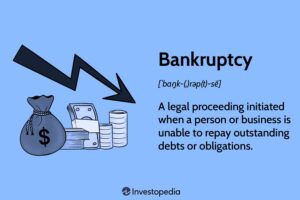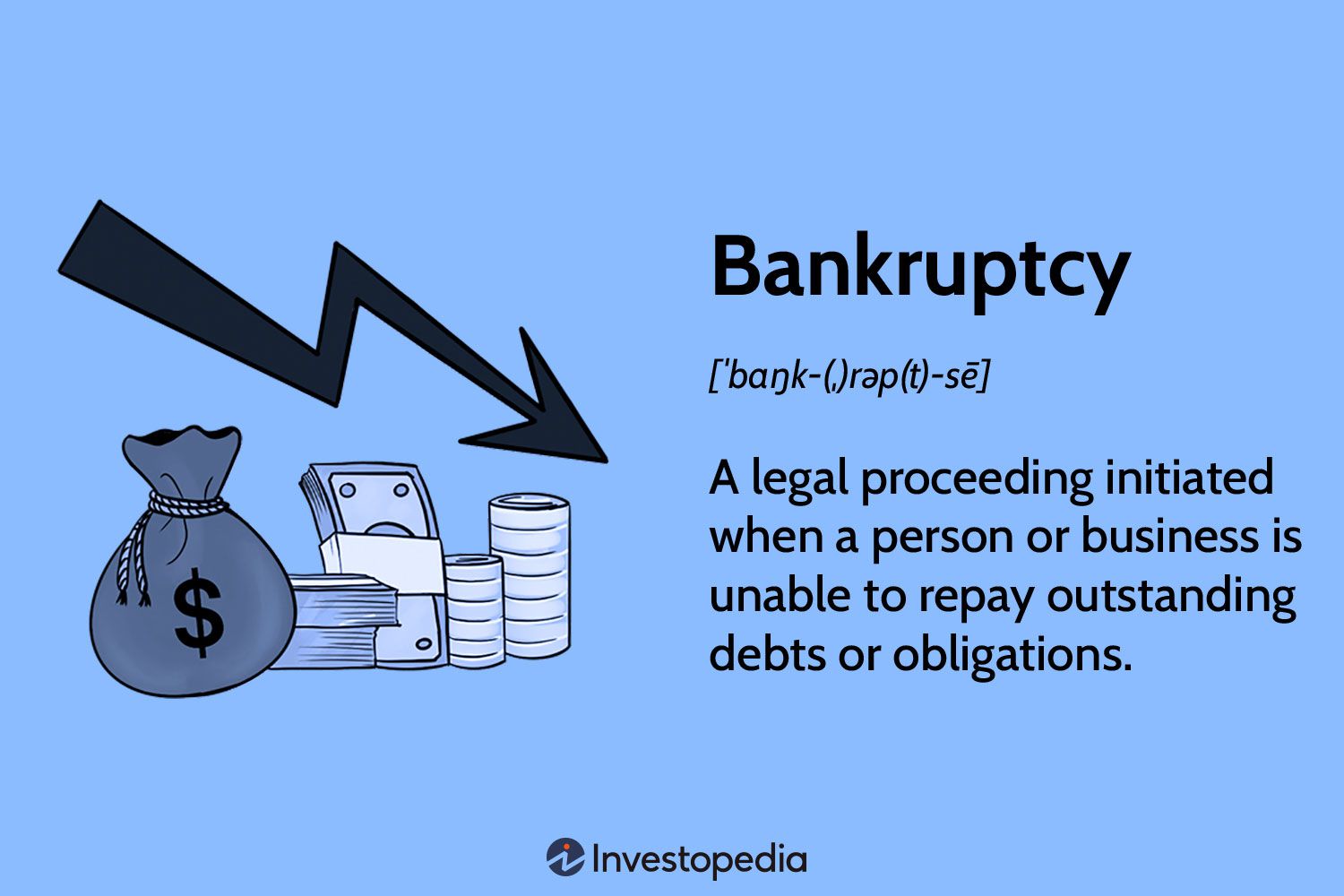Do I Qualify for Bankruptcy?
Am I able to file . . .
A Quick Guide —
If you’re overwhelmed by debt and struggling to keep up with bills, you might be considering bankruptcy as a way to get a fresh start. But how do you know if you qualify for bankruptcy? Here’s a brief overview to help you understand the basics.
Understanding the Types of Bankruptcy
There are two main types of personal bankruptcy: Chapter 7 and Chapter 13. Each has different qualifications:
- Chapter 7 Bankruptcy: Also known as liquidation bankruptcy, Chapter 7 allows you to discharge most of your unsecured debts, like credit card debt and medical bills. To qualify, you must pass the *means test*, which compares your income to the median income in your state. If your income is below the median, you may qualify. If it’s higher, you might still qualify, but the process will involve more scrutiny.
- Chapter 13 Bankruptcy: This is often referred to as a reorganization bankruptcy. It’s designed for individuals with a regular income who can pay back some or all of their debts through a repayment plan, usually over three to five years. To qualify for Chapter 13, your unsecured debts must be less than $419,275, and your secured debts less than $1,257,850 (as of 2023).
Other Eligibility Considerations
- Credit Counseling: Before filing for either Chapter 7 or Chapter 13, you must complete credit counseling from an approved agency. This is mandatory and helps determine whether there’s another way to manage your debt without bankruptcy.
- Previous Bankruptcies: If you’ve filed for bankruptcy in the past, you may face restrictions on when you can file again. For Chapter 7, you must wait eight years after a previous Chapter 7 discharge and four years after a Chapter 13 discharge. For Chapter 13, the waiting period is two years after an earlier Chapter 13 discharge and four years after a Chapter 7 discharge.
- Intent to Repay: In Chapter 13, your proposed repayment plan must demonstrate that you have the financial means to make the payments on time. The court will review your income, expenses, and debts to ensure the plan is feasible.
Is Bankruptcy Right for You?
Bankruptcy can provide relief, but it’s not a decision to take lightly. Consulting with a bankruptcy attorney can help you determine if you qualify and if it’s the best option for your situation.
Remember, bankruptcy is just one tool to manage debt. Understanding your options will help you make an informed decision on your path to financial stability.


